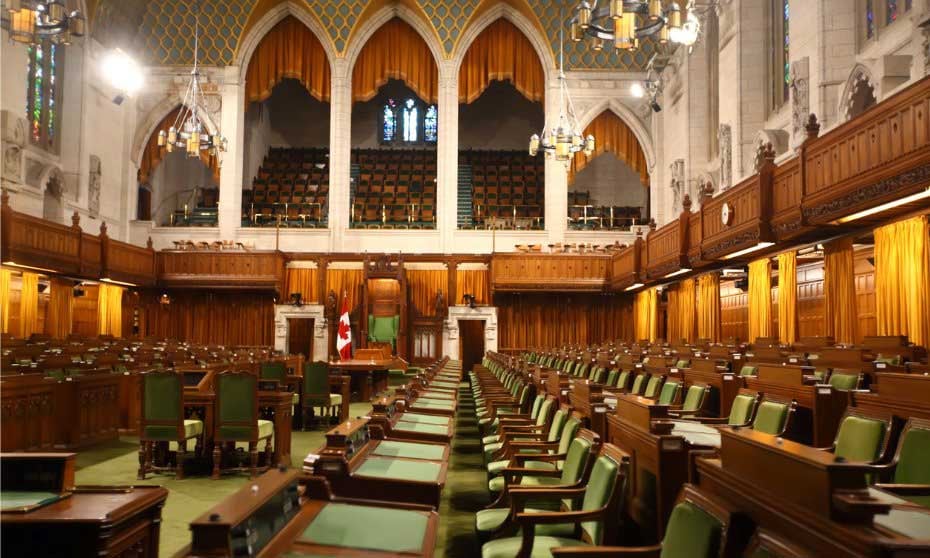
The purpose of the expense is not disclosed

Members and staff of Canada’s House of Commons requested $54,853.22 in legal fee reimbursement for outside counsel between April and July of this year, according to the Board of Internal Economy.
Heather Bradley, director of communications for the Office of the Speaker at the House of Commons, said in an e-mail to Law Times that when payments of more than $100,000 are made to an individual or organization, the name and location of the payee, and the amount paid to him or her, is published. Although legal fees are also published yearly in the Public Accounts of Canada, the Board of Internal Economy also publishes the aggregate amounts quarterly.
“However, the purpose of the expense is not disclosed, as the Board does not disclose the amount paid for any given legal matter,” she said.
The figure for the most recent quarter, which includes three reimbursement requests, represents higher total spending than in the past. Between January and April, there was one request for $1,508.09, while between October 2018 and January 2019 there were two requests totalling $5,406.80. The prior three quarters listed spending of $12,680.93, $17,938.76, and $21,294.78, the Board of Internal Economy website said.
Although the purposes of last quarter’s legal spending were not disclosed in more detail, the move to disclose legal fee reimbursement for independent counsel each quarter comes as Parliament tries generally to expand supports for employees, including for victims of harassment in the workplace. The names of the parties in those cases are not disclosed to protect the identities of complainants, according to minutes from a BOIE meeting.
“Among other things, we want to make it very clear that legal fees will not be reimbursed if a member of Parliament is deemed at fault, that is, if a court or decision-maker determines that there has been a violation of the law, such as in instances of harassment,” said Philippe Dufresne, Parliamentary Counsel at House of Commons, who introduced an updated legal fee policy to the BOIE in March 2018. “We also seek to increase the proactive disclosure of the spending of public funds as part of those reimbursements. What is certainly new is that we want to provide additional support that aligns directly with the approach to preventing and resolving harassment situations in the workplace on Parliament Hill.”
While Dufresne’s office provided counsel for members of parliament, allegations of harassment or litigation sometimes require outside counsel, according to the transcript of Dufresne’s comments. Previously, the BOIE reimbursed legal fees based on whether litigation or legal matters flowed from the member’s parliamentary functions, at rates determined by the Department of Justice, Dufresne said.
The policy, which does not cover monetary awards as part of settlements, was put in place “to ensure that a member is not reimbursed for his or her legal fees in a situation where the allegations have been substantiated,” said Dufresne.
“A member who is found to have harassed an employee, sexually or otherwise, would not see their legal fees reimbursed. The board would not be financing this legal representation for members in such cases,” said Dufresne.
Legal fees for outside counsel are only reimbursed for when the member is the defendant and the allegations against the member is not substantiated, said Dufresne. The policy also offers financial support of up to $5,000 for both a member and an employee in a situation of harassment to get independent legal advice at the outset of the legal process, Dufresne said.
A separate report from the BOIE said a total of 16 cases were managed through the Office of the Chief Human Resources Officer in the 2018 to 2019 period: 10 were enquiries only; of the remaining 6, 1 was formally investigated, 1 was resolved outside the Policy and 1 was resolved by mediation, and three cases remained active at the time of the report.
“Before I was appointed law clerk, I was a human rights lawyer for 15 years. It is fundamental to have initial support and adequate information so that complainants, individuals who feel they have been the victims of harassment, understand the process and understand their rights,” said Dufresne.